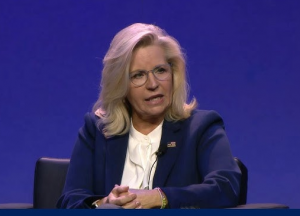A campaign initiated by Chinese women against the substandard quality of sanitary pads has gained momentum, leading to public outcry and manufacturer accountability. This grassroots movement emphasizes women's rights and the need for better products, sparking broader discussions on issues relating to gender equality and consumer protection.
Rising Voices: Chinese Women Demand Better Standards for Sanitary Products

Rising Voices: Chinese Women Demand Better Standards for Sanitary Products
An online movement in China highlights women's concerns over inadequate sanitary pad quality, prompting manufacturer apologies and regulatory considerations.
In recent weeks, an online campaign in China has ignited a fervent response from women regarding the manufacturing standards of sanitary pads. The movement began when Sabrina Wang, a university student, discovered that well-known pad brands were selling products that were shorter than advertised, with some being up to 17 percent smaller. Acknowledging that this could lead to potential user issues, she sought to raise awareness, stating, "Manufacturers think we can't go without their products because of our everyday physiological needs, so they dare to be so arrogant."
As criticism over the length of sanitary pads emerged, the focus shifted to their overall quality, effectiveness, and pricing. This sparked a broader dialogue that encompassed inadequate sexual education, body image challenges, and the disproportionate representation of women in corporate leadership roles.
In response, many women have taken to social media platforms, calling for boycotts against brands that fail to meet their expectations. Discussions surrounding homemade reusable pads have also gained traction, with campaigners sharing DIY guides and insights under trending hashtags such as “black-hearted pads” and questions like, “Is it so hard for sanitary pad producers to meet women’s needs?”
The backlash has prompted significant industry responses: one prominent manufacturer withdrew its products from the e-commerce giant Taobao, pledging to enhance quality in light of consumer feedback. Meanwhile, state media has highlighted “deep-seated issues” within the industry, and a governmental trade association has committed to incorporating public input in the creation of new regulations for sanitary products.
This mobilization represents a critical moment in women's advocacy within China, reflecting a growing demand for respect and accountability in the marketplace. As women continue to voice their dissatisfaction with sanitary product standards, the implications of this movement may extend far beyond the realm of feminine hygiene, underscoring the essential need for corporate responsibility towards female consumers.























